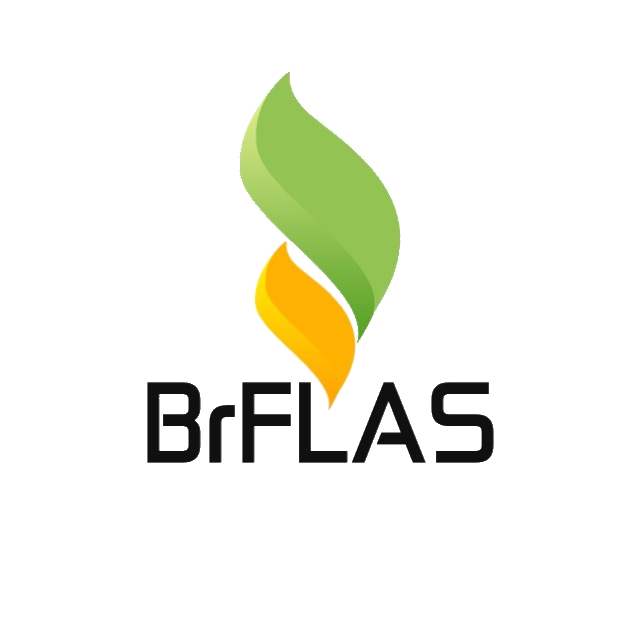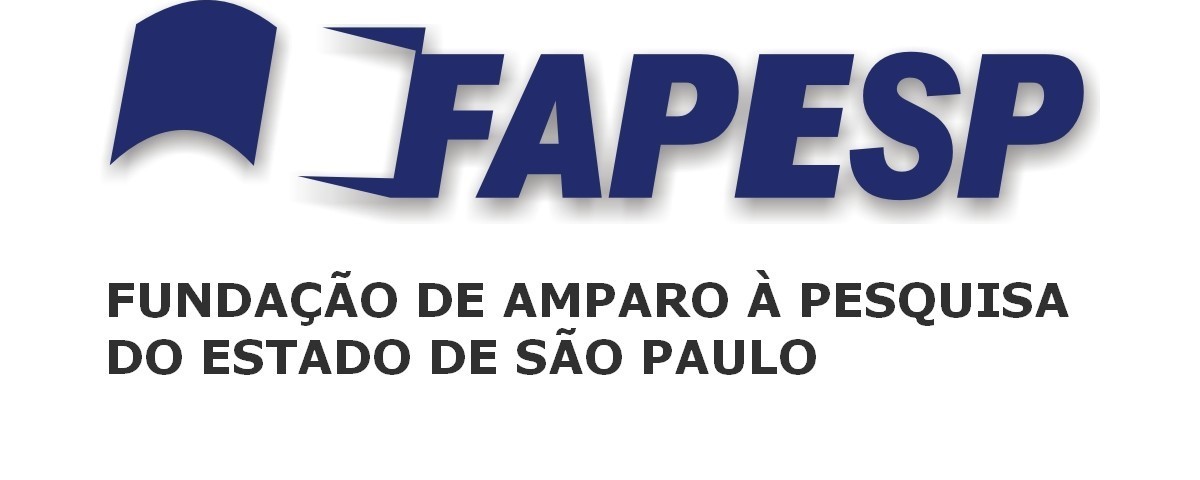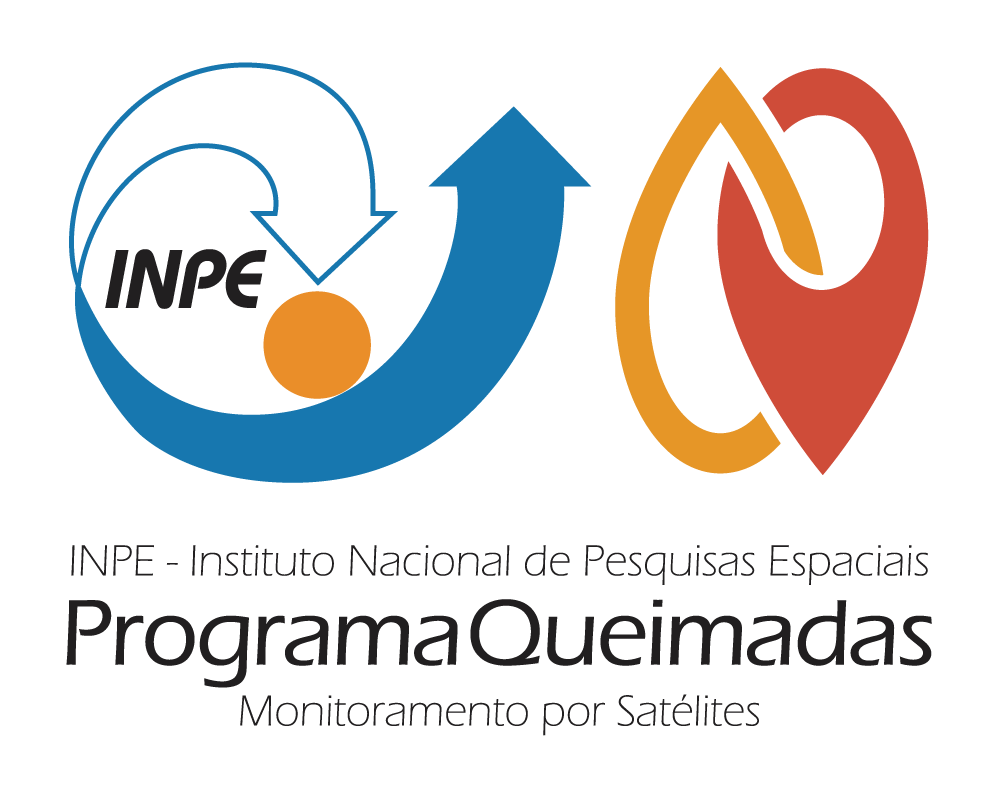Summary
Vegetation burning and associated emissions of gases and aerosols have substantial ecological, atmospheric and climatic impacts. In Brazil, particularly the Cerrado savanna and the Amazon rainforest are significantly affected by anthropic fires every year, also becoming regionally and globally important sources of pyrogenic emissions. With this proposal we aim to develop improved daily and monthly burned area maps for Brazil, using data from the latest generation of Earth observation satellites, and to combine those maps with other relevant environmental data to estimate aerosol and gas emissions, including an assessment of uncertainty and a sensitivity analysis of the estimates.[...]
The project will then address the interactions between climatic and ecological drivers of fire activity in the Cerrado and in the rain forest, characterizing the current situation; it will also develop short-term predictive models concerning fire risk dynamics at the regional level. Statistical models will also be developed to understand and forecast future fire regimes under a variety of climate change scenarios available for the region. A fundamental consequence of this project will be the operational implementation of its results in INPE´s existing operational Fire System, improving the overall quality of its products, benefiting the many users, comprising government agencies, research groups, fire managers, NGOs, etc. The three principal institutions submitting the proposal are: INPE/CPTEC and OBT – National Space Research Institute of Brazil / Center for Weather Forecast and Climate Studies, and Coordination of Earth Observations; IDL/FCUL – Institute Dom Luiz / Faculty of Sciences, University of Lisbon; ISA – School of Agriculture, University of Lisbon. Collaborative institutions in Brazil are: UFLA-Federal University of Lavras; UFRJ – Federal University of Rio de Janeiro; UFV – Federal University of Viçosa; UFSJ – Federal University of São João del Rei. The main research groups of this proposal in Portugal and Brazil have a long standing history of cooperation, exchange of scientists, and co-authored publications.
Read more









